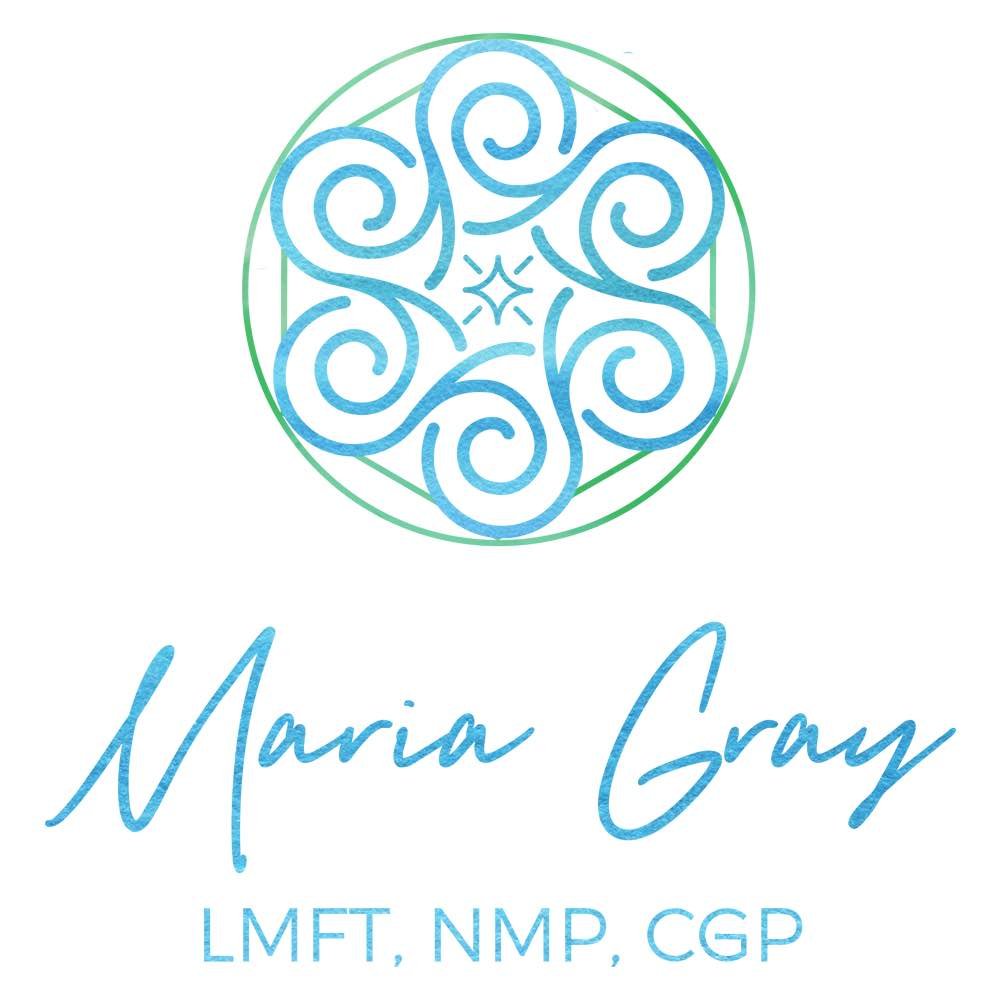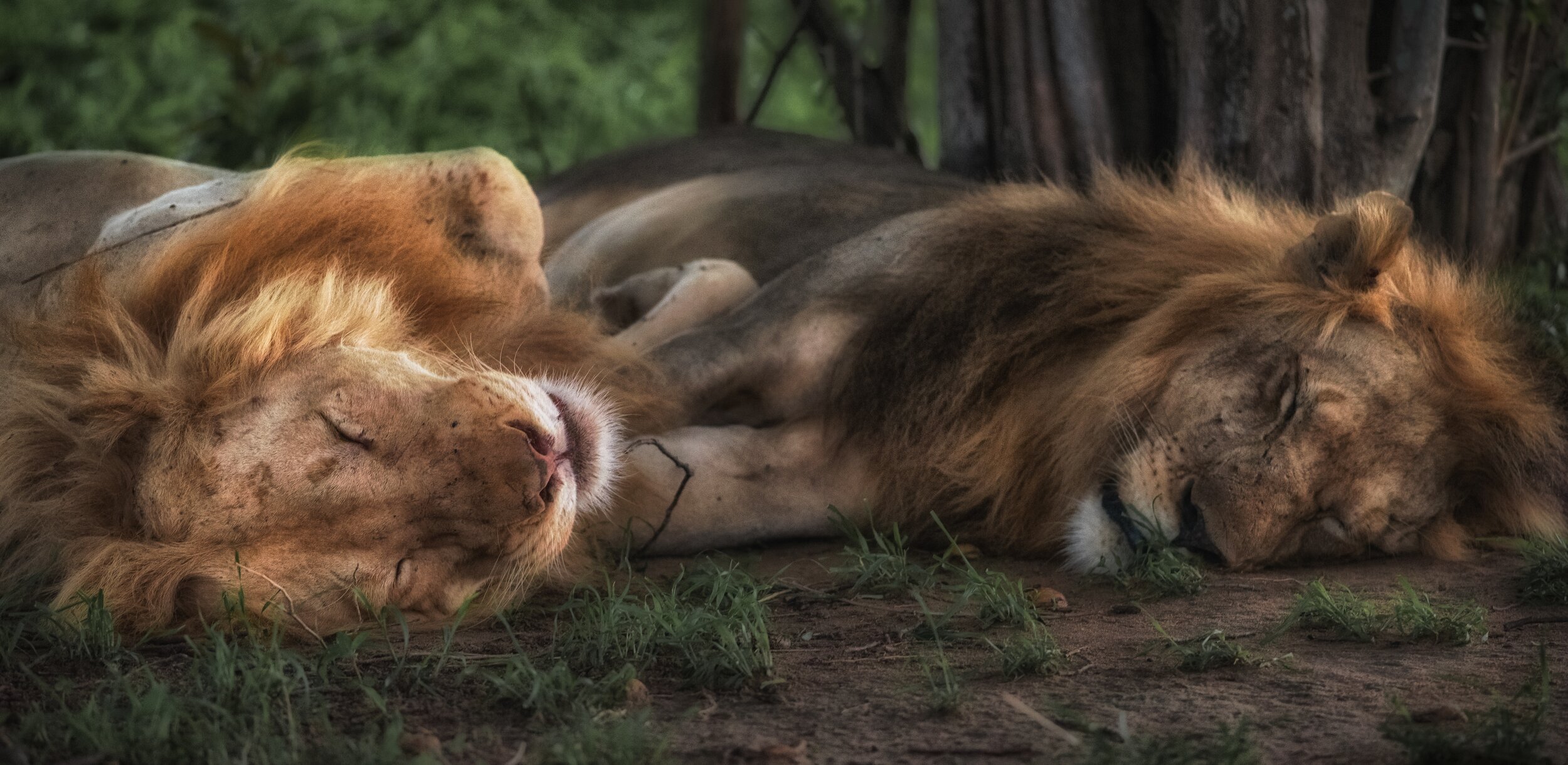Rest: Why You Get More Done When You Work Less
I’m currently reading a book entitled “Rest: Why You Get More Done When You Work Less” by Alex Soojung-Kim Pang, which explores our relationship to rest and work. Pang is the author of four books and the founder of Strategy and Rest, a consultancy devoted to helping companies and individuals harness the power of rest to shorten our workdays, while staying focused and productive.
Pang believes that you can work better if you learn how to rest better, he challenges our culture’s “respect” for overwork, citing William James’s 1899 essay “Gospel of Relaxation” in which he argued that Americans had become accustomed to overwork and lived with an “inner panting and expectancy” bringing a spirit of “breathlessness and tension’ to work. James could have been describing my years working in the corporate world, prior to following my calling and changing careers.
I enjoy being a psychotherapist and have found that I am at my best when my days are shorter and include a long midday break. I see clients Monday through Thursday and use Fridays for administrative work, yoga/walks and Brainspotting consultation. In the early days of my practice, I was more interested in creating a sustainable business than focusing on work/life balance, so I worked on Saturdays and late into the evening; this was hard for me but it helped me grow my practice. Now that my practice is established, I can see clients during the hours that work better for me. I have more energy in the mornings, so I schedule more sessions early in the day, followed by a ninety-minute lunch break and two clients in the afternoon.
Pang states “If you want rest, you have to take it. You have to resist the lure of busyness, make time for rest, take it seriously, and protect it from a world that is intent on stealing it.”
I wrote this post shortly after returning home from five glorious days in Santa Barbara, the place where I go to hike, bike, eat delicious food and rest. Prior to the pandemic I scheduled time off every three months and this vacation was my first in six months. When I decided to plan a trip, I spoke to my primary care physician and she advised me about how to stay healthy during the trip. My five days felt blissful, with no access to email or voicemail and most of my time spent out in nature.
As a therapist, I sometimes experience a sense of “fullness” at the end of the day where I cannot imagine taking in any more information. It feels like my mind needs to be emptied and time away from work creates room in my brain and body; Pang’s book cites research explaining how rest can create space in our brains for creative thinking. Sometimes just a small amount of restful, quiet space is all I need after a busy day. I like to create a clear divide between my sessions and my evenings, sometimes I’ll take a short walk or sit outside on my patio. I notice that on the nights when I don’t have enough quiet time after work, I struggle to stay asleep. Pang explains “While you sleep, your brain is busy consolidating memories, repairing physical damage, and generating dreams. Most of the time you’re not aware of all this work, but it’s been going on your whole life. And your life depends on it.”
Are you allowing yourself enough time to rest?

